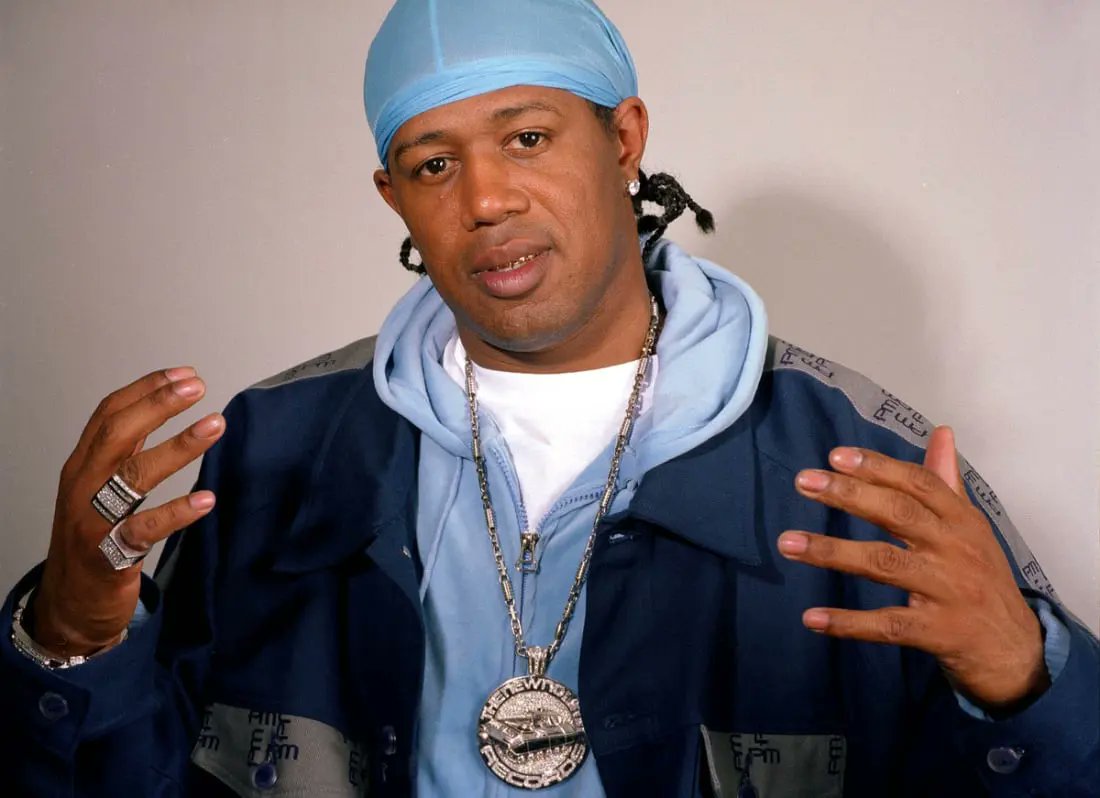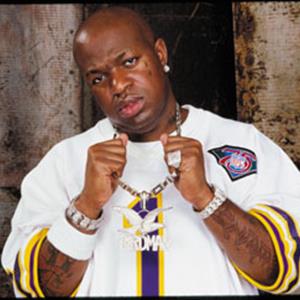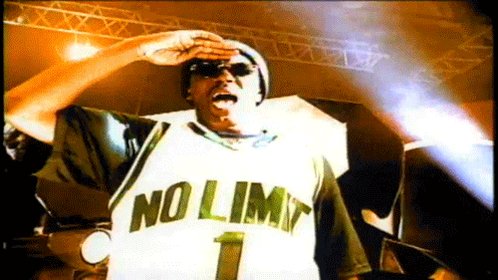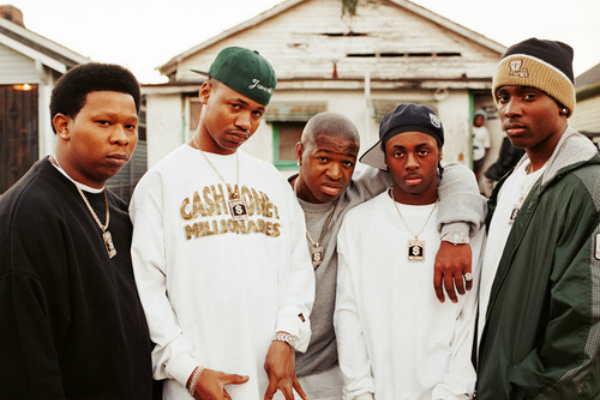Thread
In the late 90s, two New Orleans-based record labels, No Limit and Cash Money, made the deals of a lifetime.
Here’s how they pulled off hip-hop’s Louisiana Purchase.
Here’s how they pulled off hip-hop’s Louisiana Purchase.
No Limit founder Master P was earning millions independently by marketing his own music. He got a $1M record deal offer from Jimmy Iovine at Interscope, but he turned it down.
P didn’t want to give it all up. He wanted a better deal.
P didn’t want to give it all up. He wanted a better deal.
He had paid $25K to meet Michael Jackson’s attorney and get advice.
The attorney told P that if he had $200K for his own marketing, then he could get a distribution deal and get better terms with a record label.
Expensive meeting, but the advice paid off.
The attorney told P that if he had $200K for his own marketing, then he could get a distribution deal and get better terms with a record label.
Expensive meeting, but the advice paid off.
In 1996, No Limit made a deal with Priority Records:
• distribution deal
• profit split: 85% No Limit - 15% Priority
• $375,000 advance from every album
• No Limit maintained ownership of its masters
• distribution deal
• profit split: 85% No Limit - 15% Priority
• $375,000 advance from every album
• No Limit maintained ownership of its masters
Once P signed the deal, he went to work. Here’s his 1998 run:
• 23 albums
• 15 million copies
• $160 million revenue
• No touring, all album sales
• those iconic Pen & Pixel album covers
• "Make Emm Say Uhh" was a huuuuge hit
• 23 albums
• 15 million copies
• $160 million revenue
• No touring, all album sales
• those iconic Pen & Pixel album covers
• "Make Emm Say Uhh" was a huuuuge hit
Here’s a clip from my Nov 2021 interview with Master P.
He talks about how marketing helped his success.
He talks about how marketing helped his success.
A few years later, and in the same city, Cash Money had its own rising moment.
The Hot Boys were blowing up, and its founders Birdman and Slim knew they had something special.
The Hot Boys were blowing up, and its founders Birdman and Slim knew they had something special.
They worked with music attorney Wendy Day to land a $30M deal with Universal:
• distribution deal
• profit split 80% Cash Money - 20% Universal
• $2 million in annual advances for the first 3 years
• Cash Money kept ownership of its masters
• distribution deal
• profit split 80% Cash Money - 20% Universal
• $2 million in annual advances for the first 3 years
• Cash Money kept ownership of its masters
That deal paved the way for big solo careers from Juvenile, Lil Wayne, Drake, Nicki Minaj, and the whole Young Money team.
Cash Money became one of the sure bets for Universal and Republic Records.
Cash Money became one of the sure bets for Universal and Republic Records.
According to Birdman, Cash Money’s Masters still generate $20M+ annually.
Cash Money’s deal generated more long-term revenue, but P’s deal set him up for a lifetime of ownership minded success in business.
These are two of my favorite hip-hop deals, by far.
The industry was still focused on east vs west coast, but these deals put New Orleans on the mainstream map.
They knew the value of owning music. It's especially relevant now during this music catalog spree.
The industry was still focused on east vs west coast, but these deals put New Orleans on the mainstream map.
They knew the value of owning music. It's especially relevant now during this music catalog spree.
Read more about Hip-Hop's Louisiana Purchase in this week's Trapital memo.
@zogblog and I are counting down hip-hop's 10 most revolutionary deals of all time.
trapital.co/2022/03/21/ciroc-obama-two-parts-vodka-one-part-diddy/
@zogblog and I are counting down hip-hop's 10 most revolutionary deals of all time.
trapital.co/2022/03/21/ciroc-obama-two-parts-vodka-one-part-diddy/
And if you like this breakdown, you'll love reading Trapital.
It's my free weekly newsletter that keeps you up on the business of music, hip-hop, and entertainment.
Sign up here, I'll send you next week's memo:
trapital.co/newsletter
It's my free weekly newsletter that keeps you up on the business of music, hip-hop, and entertainment.
Sign up here, I'll send you next week's memo:
trapital.co/newsletter



